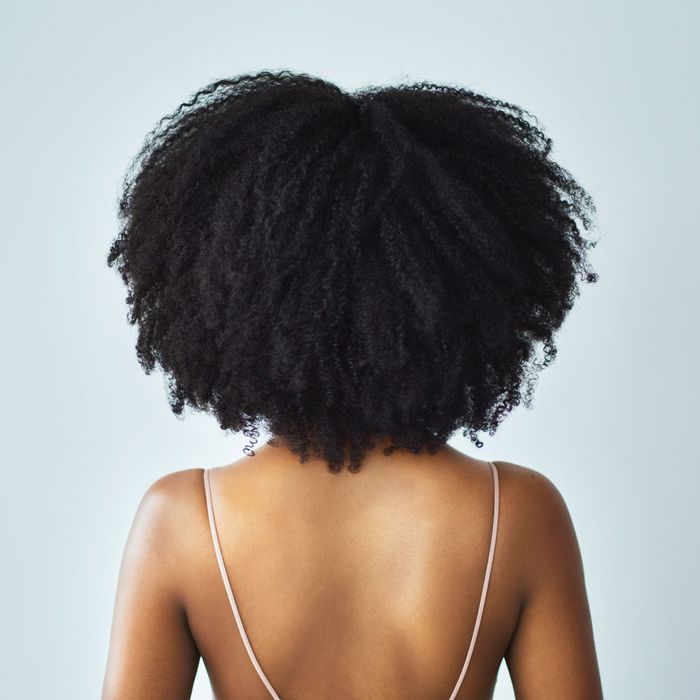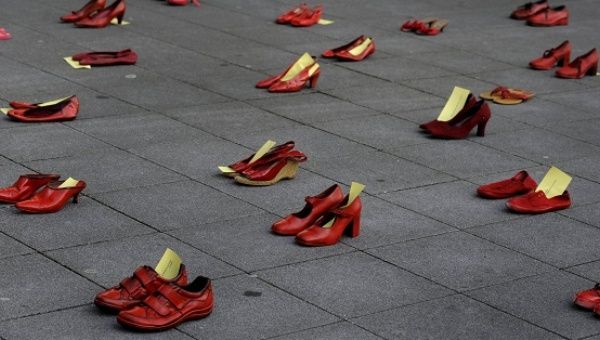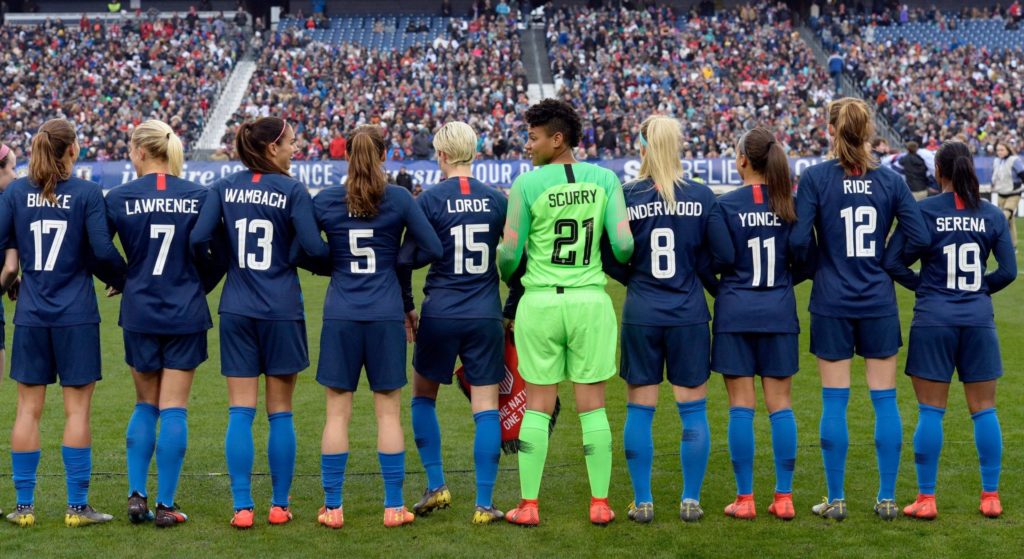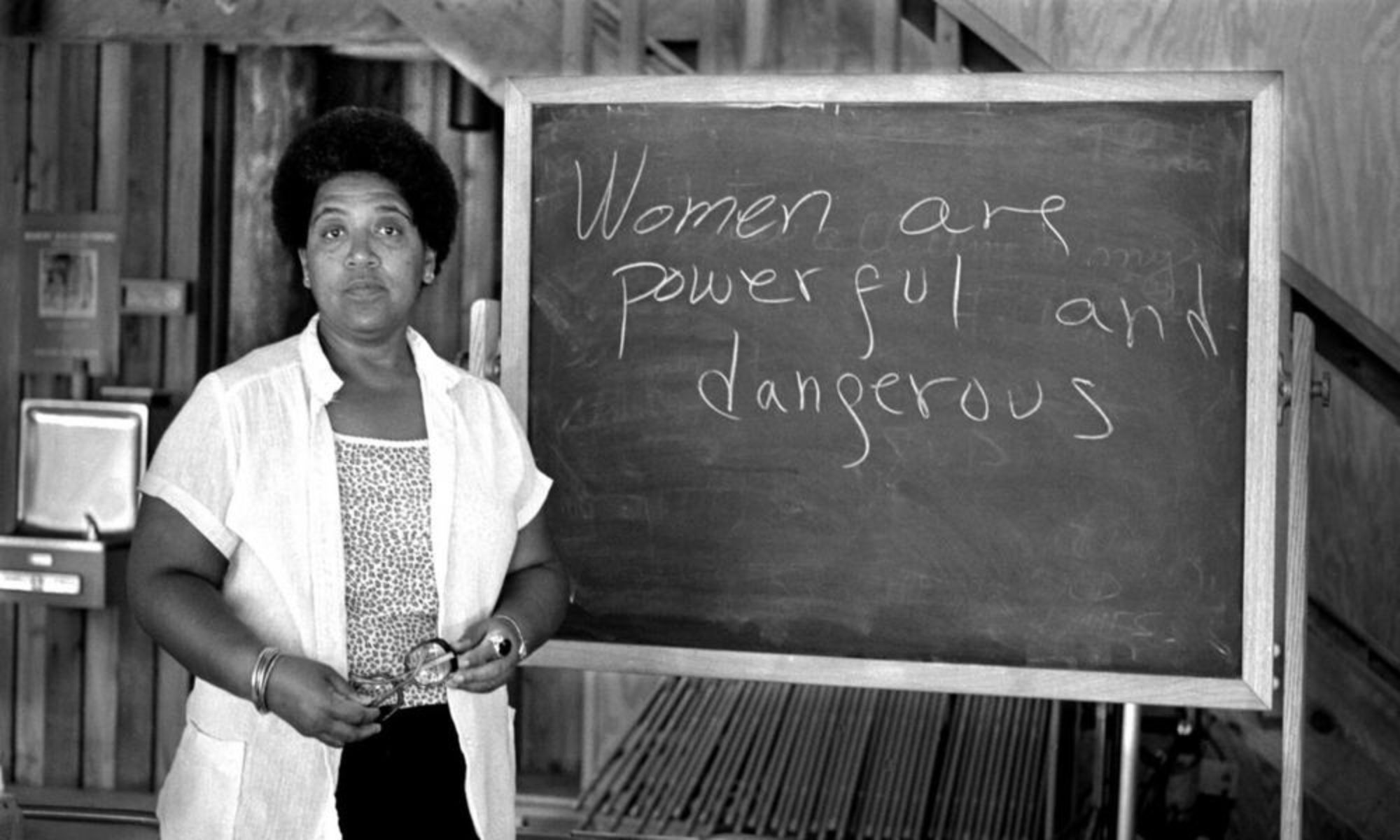- Dixon, Marlene. “Wages for Housework and Strategies of Revolutionary Fantasy.” Synthesis, vol. 1, no. 4, 1977, pp. 12–17. JSTOR, www.jstor.org/stable/43783331. Accessed 6 May 2020. This is academically credible because it was published in a scholarly journal and has been peer-reviewed and is written by experts in the social science and political science field.
- Knight, Sophie. “My Husband Paid Me to Do Housework.” The Atlantic, Atlantic Media Company, 25 Sept. 2019, www.theatlantic.com/family/archive/2019/09/pay-women-housework/598729/. The Atlantic is generally seen as a reliable source. All news stories on The Atlantic are properly sourced to factual information and usually present a reasonable balance on issues.
- Moran, Porcshe N., et al. “Wages for Housework.” The New York Times, The New York Times, 2014, www.nytimes.com/roomfordebate/2014/09/09/wages-for-housework/taking-unpaid-housework-for-granted-is-wrong. The NYT is highly factual and considered one of the most reliable sources for news information due to proper sourcing and well respected journalists/editors. The articles regarding this topic are also written by respected writers, professors and journalists.
- Rampton, Martha. “Four Waves of Feminism.” Pacific University, Pacific University, 21 Nov. 2019, www.pacificu.edu/magazine/four-waves-feminism. This article is reliable by academic standards because it was written by Martha Rampton (PhD) who works at Pacific University.Martha Rampton is Professor of History at Pacific University. She concentrates on the early medieval period with an emphasis on social history and the activities and roles of women. This source is also unbiased and is supported with evidence and factual based statements from an exp=
- “Wages Against Housework.” Wages against Housework, by Silvia Federici, Falling Wall Press, 1975, pp. 2–8. This book is reliable because it was written by Silvia Federici who is an Italian and American scholar, & teacher. She was a very important voice during second wave feminism and used this book to express her views.
Independent Study Blog Post 1-4
Step 1-
I am interested in exploring sexism within botany as this is related to sexism and gender studies. Specifically the work of Thomas Leo Ogren he had essentially coined the term ‘ botanical sexism’. This is a more recent find and with allergies getting worse due to climate change knowing that our allergies are stronger due to this reason would be informative.
Step 2- What do you need to know?
What I would need to know to contextualize this project and discuss who Thomas Leo Ogren is. And why did he study this topic? The academic subjects that my project would relate to are science and health. This project concerns everywhere. This also affects everyone who suffers from bad allergies.
Step 3- 4 -Annotated bibliography
At least 3 online articles and 2 scholarly articles that relates to the topic
Botanical Sexism Cultivates Home-Grown Allergies
By Thomas Leo Ogren
This is Ogren’s explanation on what’s wrong with having all male trees and scrubs planted. He also states that these male trees production of high amounts of pollen harms children’s health and also states that women who have airborne allergies have increased health risks. He gives the solution of planting more female trees which would eliminate great amounts of pollen in our landscapes.
Allergy- Free New York
Thomas Leo Ogren
This news article explains the impact of having a lack of female trees in NY and the impact that it would have if there were female trees. Ogren further supports planting female trees would possibly solve this allergy problem along with plating a variety of trees so that people are not suffering from stronger allergies due to increased sensitivity.
The Allergy Fighting Garden
Stop Asthma with Smart Landscaping
By Thomas Leo Ogren
In this book Ogren creates a system for combating allergies based on the sex of ones plants. He explains in his book how planting female trees to capture pollen can reduce allergens. He also provides a great list of plants and an allergy ranking scale, to aid people in landscaping or their everyday lives.
Which is the most hayfever prone city and is ‘ botanical sexism’ to blame?
By Helen Lock
The Guardian
This article gives many examples of how having predominantly male trees or even a singular mature male tree production of pollen can negatively impact people’s health. Towards the end they give a solution to the problem for landscaping to be allergy friendly.
How urban planners’ preference for male trees has made your hay fever worse
Ally Hirschlag
This article further supports Ogren’s work.this article also discusses the impacts of pollen on heath.
Independent Study: Step 1 & 2
- I need to know more about how women are being portrait in the media. In order to discuss my subject I need to know how this is making the women feel and react. This subject concern the events of today since the media is bigger than it was before and women are the ones more affected by the stereotypes. Social media and tv plays a big role in how the women are being treated and hoe they look at themselves. In my project I would need to discuss more about how women are view through the years.
- Over the years the media has changed helping people stay connected and informed but there’s other problems that come with it. One of the problems is that it makes people insecure for example women are always portrait as sexual objects. The women that are shown in the media always look good making the other women watching it feel insecure about themselves. They believe that a women should always look perfect.
Independent Study. Steps 1-4.
Independent Study (Step 1 & Step 2)
Step 1:
I am choosing to use my independent study to shed light on the existence of race based hair discrimination in the workplace and how this practice lends direct assistance to the marginalization of black women that are members of the work force. I know that I am going to have to look further into specific accounts of women who have experienced indifferent treatment at work based on how they are choosing to wear their hair. I may even broaden the scope and look into how race based hair discrimination can limit the success of black women and young girls in their academic growth. Most prominently though, my focus will be African American women who choose to wear their kinkier tresses in professional settings that have received push back, lost their jobs, and even their right to an eduction as their natural hair textures are considered “unprofessional” and “unconventional”.
My project will cover topics such as (but, possibly not limited to):
- Race – Researching first hand accounts of how kinkier texture hair traditionally found (in most instances) on black women are received in professional/academic settings as compared to finer/looser curl patterns.
- Gender – How this form of discrimination helps to limit the success of women (specifically African American women) in professional/academic settings.
- The history tied to why black women have felt the need to chemically process their hair in order to assimilate with White culture
- Natural hair as a form of resistance**
- Pulling information from a few interesting articles that I’ve come across while taking a deeper look into my topic of choice
- Having a bit of trouble finding scholarly sources but, I will continue to research
Step 2:
Provisional Thesis Statement/Argument: Black people have faced years of stigmatization based on their appearances. Hair is a huge part of who we are. In most cases, many people use their hairstyle as a form of expression. When I see a woman with a huge healthy afro my mind immediately turns to words like strength, beauty, power, confidence etc. Alternatively, there a many who may feel that African American women wearing their natural hair reads as them being unprofessional and uncouth. These opinions derive from the stereotypes associated with being black in America. Women have it hard enough trying to find success in this society structured specifically for the betterment of men. To be a black woman in America expressing her blackness in the form of a hairstyle and have that classified as “unacceptable” is truly disheartening. We must normalize kinky hair as it is something that has existed for years and will continue to be part of the black woman’s aesthetic.

Independent Study Final Due Dates and Guidelines
Independent Study

I am interested in learning about femicide and how women get blamed for the crimes against them (sexual exploitation) as well as other crimes otherwise unrelated to them other than through their relations to a male figure who committed the crime (victim blaming). I’m also interested in learning about the history of femicide around the world.
Independent Study
I am interested in exploring issues of Equality, and how many boundaries we can push through to get the playing field even, as they related to women, gender, and sexuality studies, especially the work of any current feminist activator during this day and age.
Independent Study By Ramy Mohamed

I am interested in exploring issues of women and sports especially at the professional setting. At this level of competition money is the main objective. I will explore the financial battles many women have with the different athletic organizations that they belong to. These athletes like their male counterparts sacrifice their health to perform at their very best so that they can entertain their fans. Women deserve equal pay to men in their respective sport.
Independent Study
I am interested in exploring issues of climate change within communities of color and how it disproportionately affects them as well as the lack of diversity within the climate change conversation as they relate to women, gender, and sexuality studies, especially the work of Isra Hirsi during our current time period.
Independent Study Step 1- Zakia Trisha
I am interested in exploring issues of women to be free from sexual violence as they related to women, gender, and sexuality studies, especially the work of Rape Crisis Movement- Second wave during the time period 1950’s and 1960’s.






